On December 19, 2019 was held in the Senate a round table moderated by the journalist Samira Ibrahim on the subject of “The Omani woman on the way to parity.”
Already last year, the Palais du Luxembourg hosted the 1st colloquium in France dealing with the place and the condition of Omani women, colloquium led by journalist Leïla Murr, whose acts, published in the collection “Regards croisés sur Oman “led by Georges Sassine, were handed over to the participants of the new round table.
Jean-Marie Bockel, Senator for Haut-Rhin, President of the France-Pays du Golfe friendship group, former Minister, opened the debate by recalling that Franco-Omani relations are 320 years old and that, 6000 years ago, the Queen Shamsa directed Oman.
H.E. Dr. Sheikh Ghazi Al Bahar Al Rawas, Ambassador of the Sultanate of Oman in Paris, clarified historical points concerning the influence of Great Britain and France in the region.
The following speakers took turns speaking:
– Eya O’Toole, Vice-President of the Omani-French Club, master 2 studies on Omani women in politics
– Yara Al Ghafri, experience at UNESCO
– Dr. Mona Al Baiti, Deputy Embassy of the Sultanate of Oman
– Olga Andriyanova, Arabist specializing in Oman, librarian at the IMA
– Michèle Barrault Hétier, writer
– Dr. Amira Al Raaisi, Omani doctor in France
– Dr. Reema Al Shanfari, Omani doctor in France
At the head of the Sultanate of Oman since 1970, the liberal and reformist Sultan Qabous Bin Said has put the cause of women at the center of his strategy.
Two women are ministers, two are elected to the Shura Council.
The novelist Jokha Alharthi received the prestigious international literary prize Man BOOKER which, created in 2005, rewards for the first time an author from the Gulf.
Women’s rights are enshrined in the Constitution and they have their place in society.
Oman and Tunisia are the only Muslim countries to have a Women’s Day.
The journalist Samira Ibrahim said she was fascinated by this country with magnificent landscapes and welcoming people, where tradition and modernity live side by side. The Omani woman is active, educated, participates in political life and in various activities, but equality of opportunity has not yet been won.
Eya O’Toole appreciated the open and warm welcome extended to her for her research and interviews.
The women are on the terrace in Muscat. Elected, they are real politicians, courageous and committed, but they have to deal with the tribal tradition which is still quite strong. The creation of a Parliament is recent (1990) and power remains concentrated in the hands of the Sultan. However, there is an evolution, slow but sure.
Yara Al Ghafri emphasized a proactive policy that highlights women and the ambition to support them in their position. Admittedly, progress remains to be made, as in the whole world.
Dr. Mona Al Baiti spoke of her family, practicing, strict, but with an area of freedom. It is the mother who manages the family and it is she who she had to persuade to study. The state helped her. The legislation is there, everything is possible, it is up to women to dare. There is no discrimination, even positive.
Olga Andriyanova clarified that the Sultanate is full of women entrepreneurs, traders, in crafts or catering, fashion designers. 42% work in the public service. They are 8% in the Armies. They are riders, musicians. The country has experienced great changes over the past fifteen years.
When building land was distributed by the state, women had the same rights.
The tradition remains important but women can choose their orientation.
Michèle Barrault Hétier has been, with her photographer husband, for 25 years, a great lover of Oman where they go twice a year. They have already published eight books on this country which they have seen evolving greatly during all these years. She notes that between Omani women there is no desire or competition but respect and a priority always given to the family. There is not like in Europe a dimension of sacrifice.
There are a number of associations, social assistance and government programs to encourage initiatives and fight against illiteracy.
Jean-Marie Bockel concluded the round table by insisting on the fact that the Sultanate of Oman is a precious partner for France. It is a small country but with a very important geopolitical position. Relations between our two countries are good but perfectible. They could be denser, whether at the political, cultural or tourist level.
Since independence, the curtain on Woman had been lowered; they are now coming back to the fore.
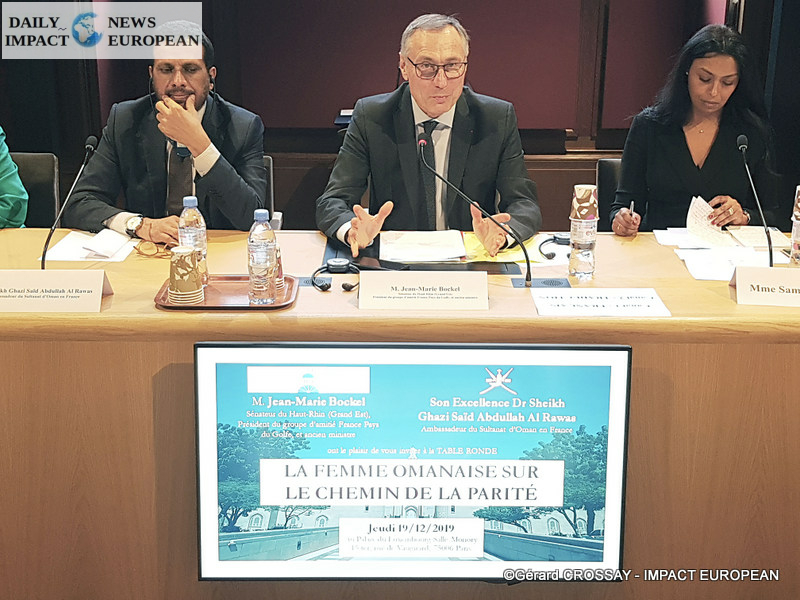
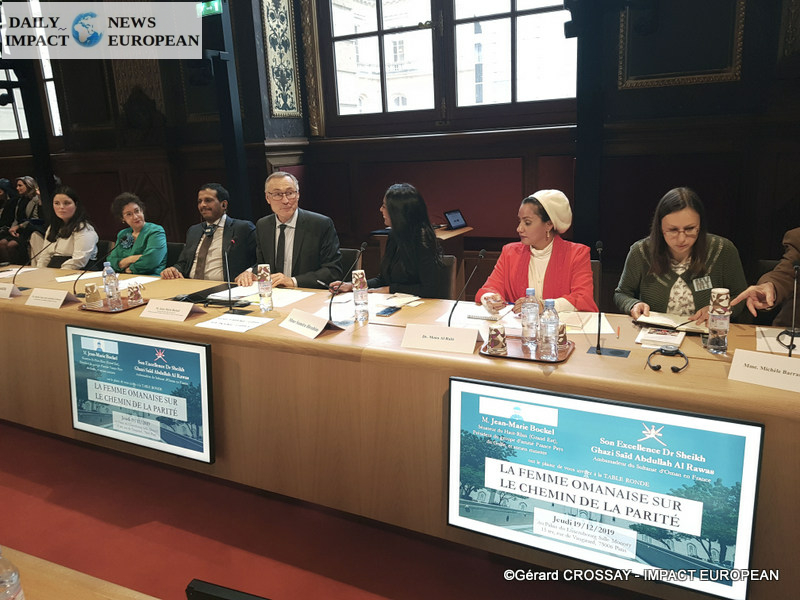
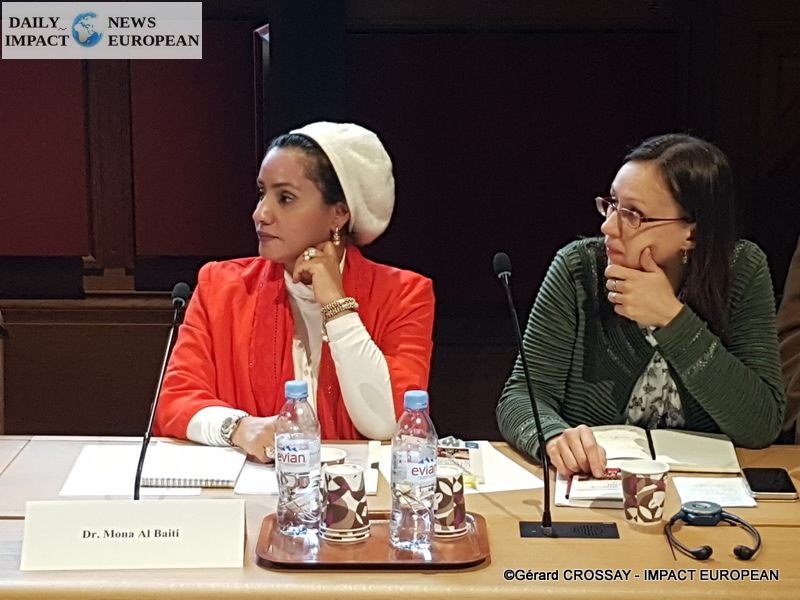
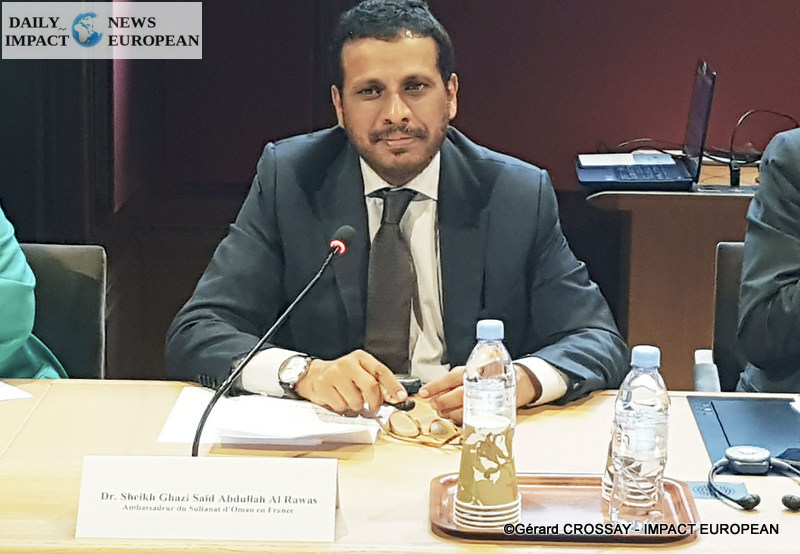
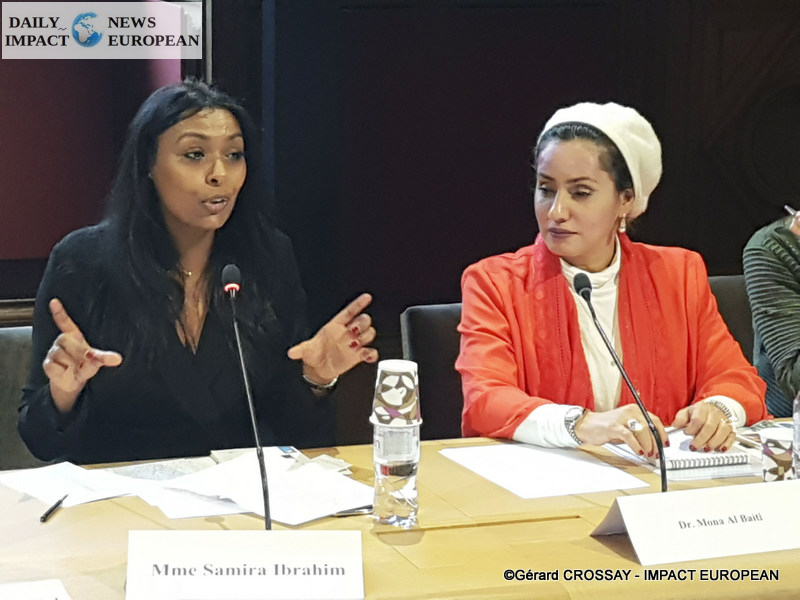
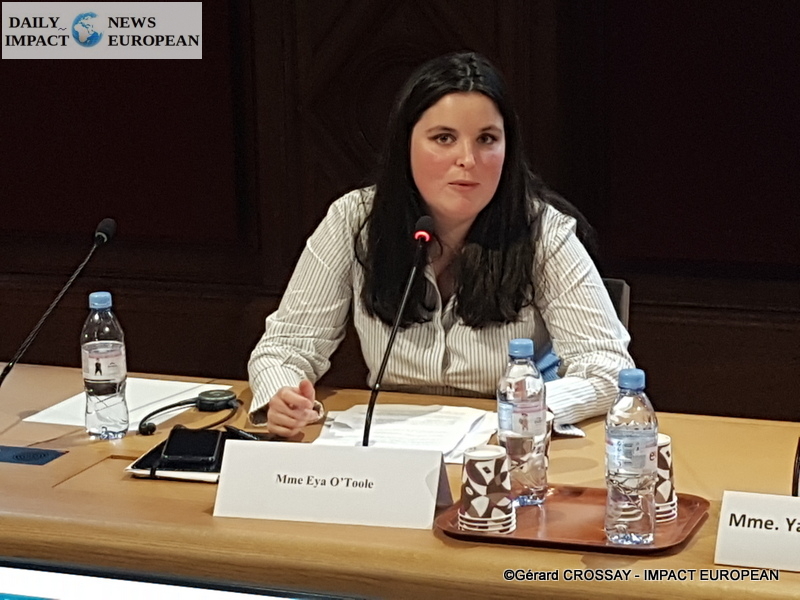
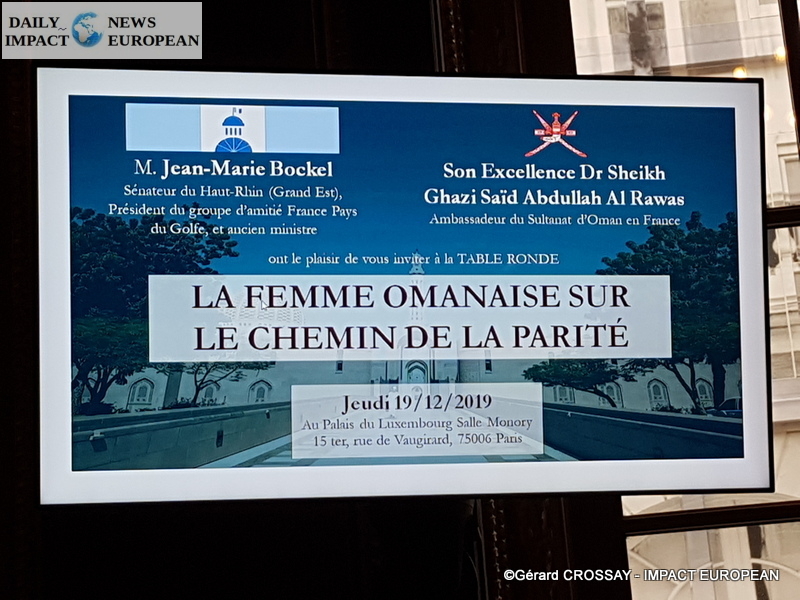
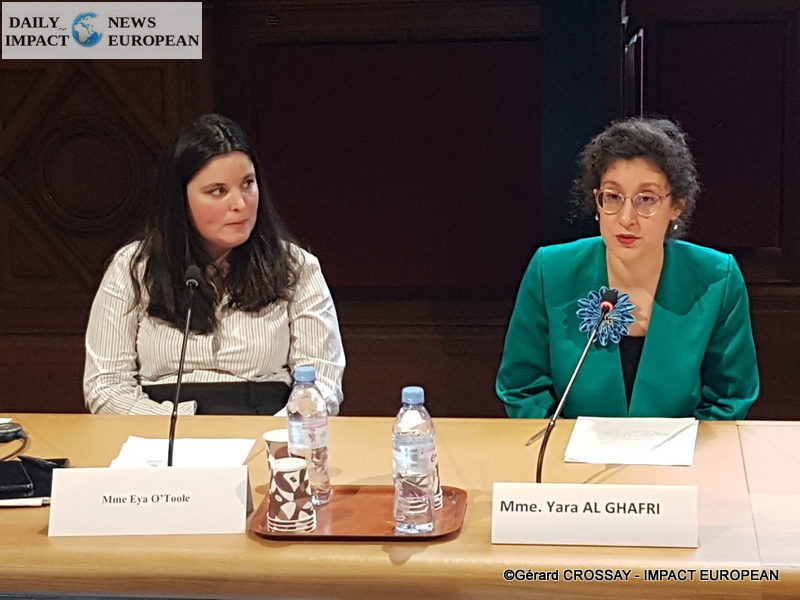
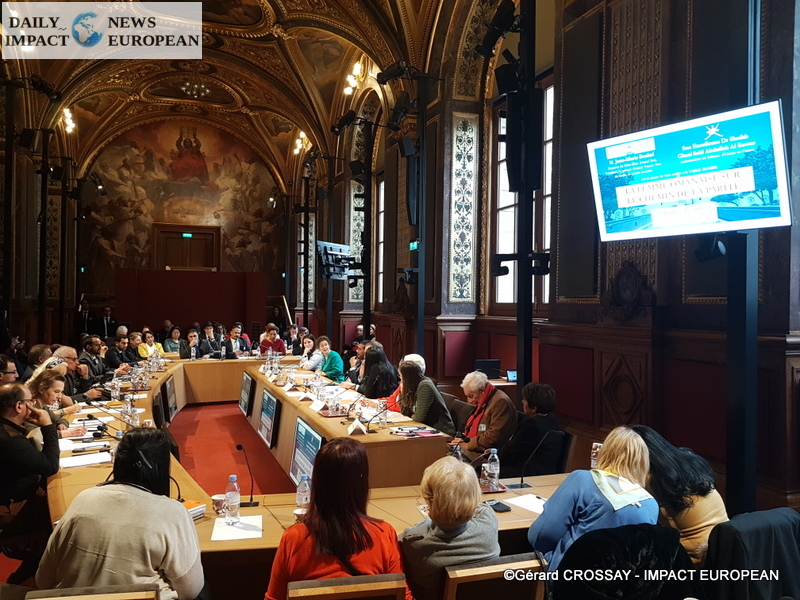
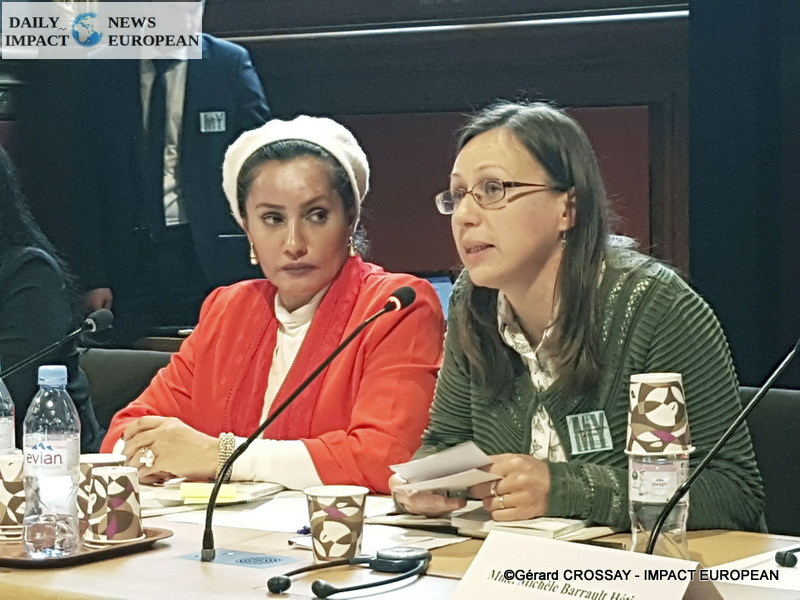
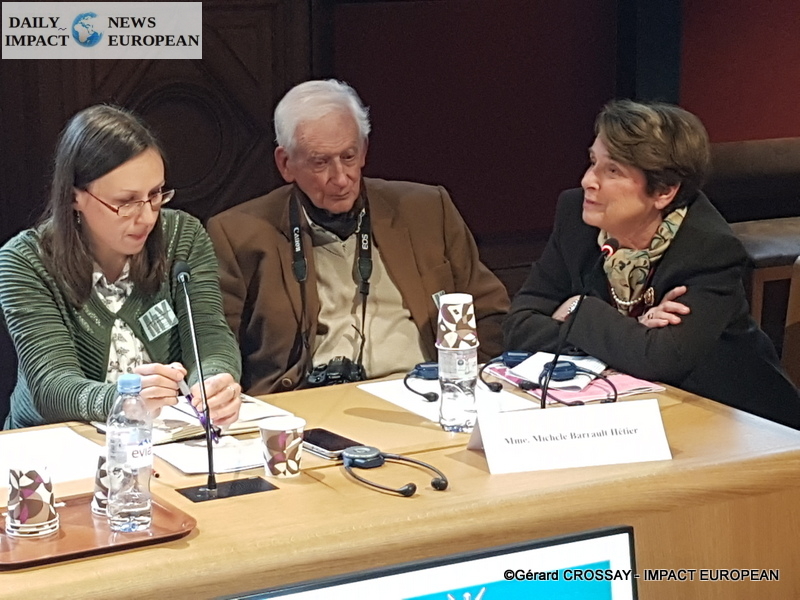
More Stories
The Foire du Trône celebrates its 60th anniversary
ALL IN GREEN FOR ST PATRICK’S DAY
Ivory Coast welcomes its success at CAN 2023